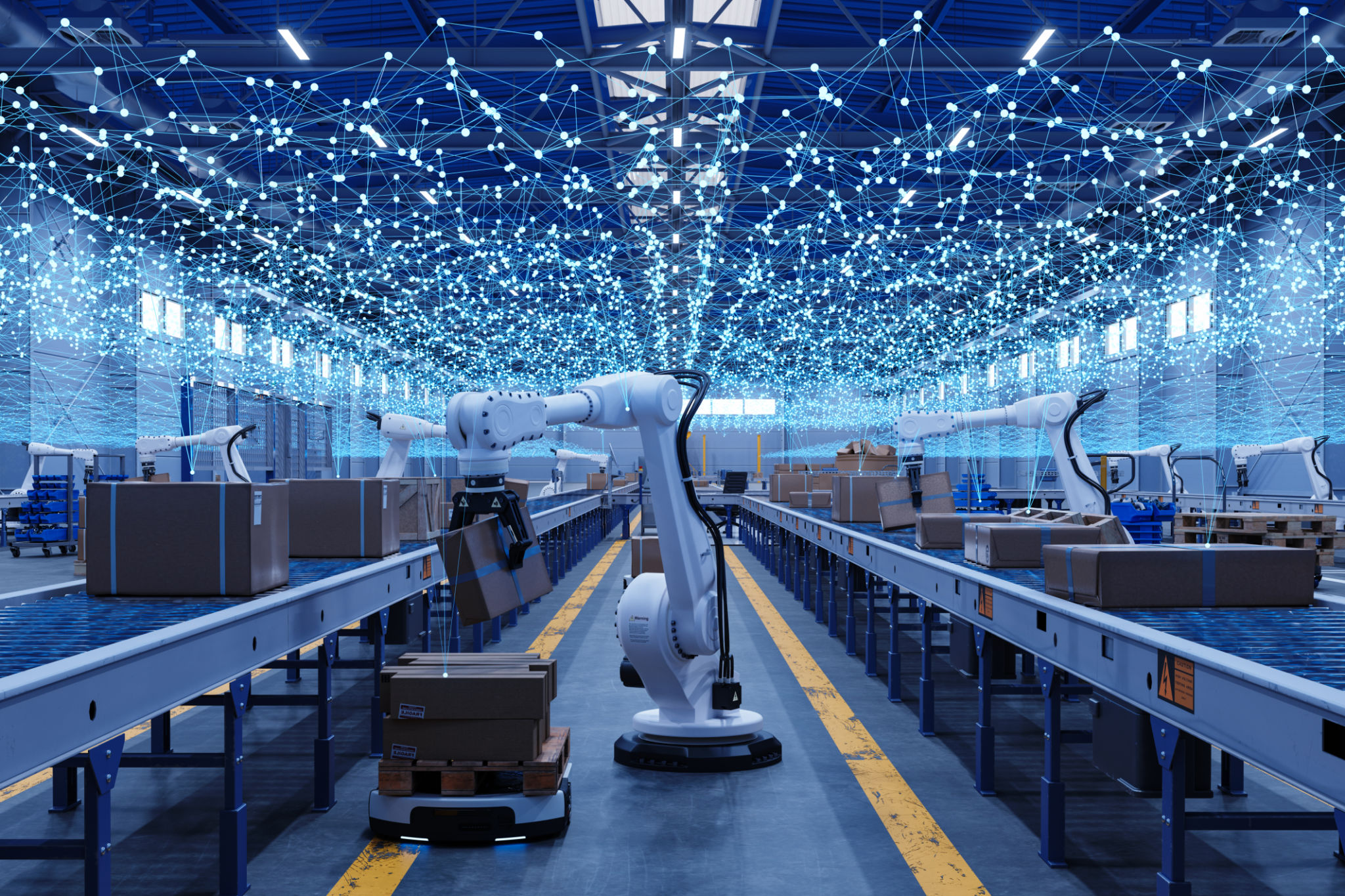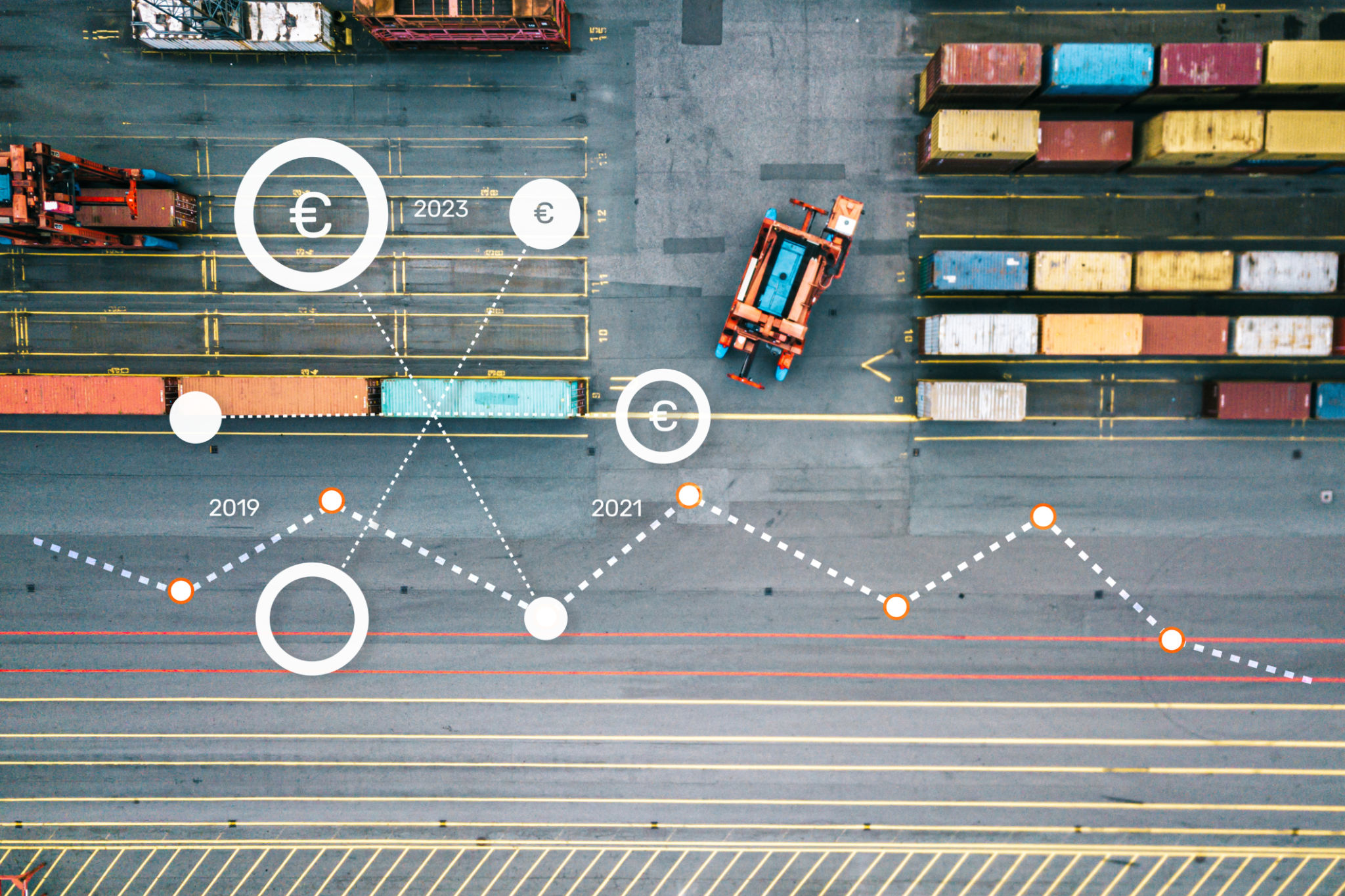From Strategy to Success: Tailoring AI Solutions for Logistics Optimization
In the ever-evolving world of logistics, companies are constantly seeking ways to enhance efficiency and reduce costs. One of the most promising avenues for achieving these goals is through the implementation of AI solutions. Tailoring these solutions to fit the unique needs of each logistics operation can lead to significant improvements in performance and profitability.
Understanding the Role of AI in Logistics
AI technologies have made significant inroads into the logistics sector, offering capabilities that were previously unimaginable. From predictive analytics to autonomous vehicles, AI is transforming how logistics companies operate. It's crucial to understand that AI is not a one-size-fits-all solution; instead, it must be customized to meet specific operational challenges and objectives.

The Benefits of AI in Logistics
Implementing AI in logistics can lead to numerous benefits. Some of the most impactful include:
- Increased Efficiency: AI systems can analyze vast amounts of data to optimize routing and scheduling, reducing delivery times and fuel consumption.
- Cost Reduction: By automating routine tasks and improving asset utilization, companies can significantly lower operational costs.
- Enhanced Customer Experience: AI-driven insights enable companies to better anticipate customer needs, leading to improved service levels.
Crafting a Tailored AI Strategy
To successfully integrate AI into logistics operations, it’s essential to develop a strategy that aligns with the company’s goals. This involves several key steps:
- Identify Objectives: Clearly define what you aim to achieve with AI. Whether it’s reducing costs, improving delivery times, or enhancing customer satisfaction, having clear objectives is crucial.
- Assess Current Capabilities: Evaluate your current logistics processes and technology stack to understand where AI can add the most value.
- Select the Right Technologies: Choose AI tools and platforms that best fit your identified needs and objectives.

Implementing AI Solutions
Once a strategy is in place, the next step is implementation. This involves integrating AI tools with existing systems and ensuring that staff are trained to use them effectively. It’s important to take a phased approach to implementation, starting with pilot projects to test and refine AI applications before a full rollout.
Moreover, continuous monitoring and evaluation are necessary to ensure that AI solutions are delivering the expected benefits. Adjustments may be needed as business needs and technologies evolve. This iterative process helps in maintaining alignment with strategic objectives.
Case Studies in AI-Driven Logistics
Several companies have already reaped significant rewards from AI-driven logistics solutions. For instance, major retailers have used AI to optimize their supply chains, leading to faster delivery times and reduced costs. Similarly, logistics firms have deployed AI-powered predictive analytics to anticipate demand and adjust resources accordingly.

The Future of AI in Logistics
The future looks bright for AI in logistics. As technology continues to advance, AI solutions will become even more sophisticated, offering new opportunities for optimization. Companies that embrace these innovations will likely gain a competitive edge, driving further success in the logistics sector.
In conclusion, tailoring AI solutions to fit the specific needs of a logistics operation is a strategic move that can lead to substantial improvements. By understanding the role of AI, crafting a customized strategy, and implementing solutions thoughtfully, logistics companies can transform their operations and achieve new levels of success.
